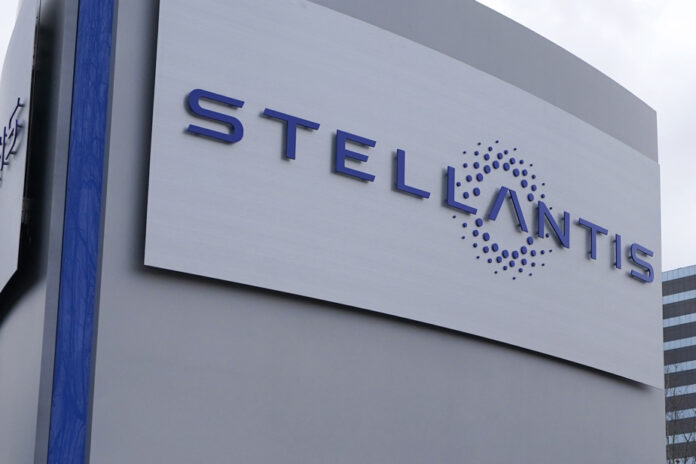The Ontario government has pledged to foot one-third of the bill to save a proposed $5 billion electric vehicle battery plant in Windsor, Premier Doug Ford said Thursday.
The province and federal government are “inches away” from a deal with automaker Stellantis, he said, without going into financial details.
Mr. Ford said he had been in telephone contact with the federal government and Stellantis over the past few days in an effort to work out a deal.
He said his government had stepped up its efforts “tremendously, tremendously” and on Thursday urged Ottawa to do the same in order to finally strike a deal with Stellantis.
Negotiations have been ongoing between the federal government, Ontario, Stellantis and LG Energy Solution since the two companies suspended construction of their plant in Windsor, citing a dispute over federal subsidies for the project.
Earlier Thursday, Stellantis spokeswoman LouAnn Gosselin said the automaker had yet to receive an official response to letters sent regarding a potential deal. She did not offer further details.
Ford said details of what the governments are giving to Stellantis will be made public after an agreement is reached.
The litigation that led to the suspension of construction stems from the disparity between what Canada thinks is fair and affordable, and what the company expected to receive. Stellantis has threatened to build the plant somewhere other than Windsor if it doesn’t get what Ottawa promised it in a deal reached in February, according to the company.
Industry Minister François-Philippe Champagne said on Wednesday that the parties were getting closer to an agreement. He said he made Stellantis an offer similar to one the federal government and Ontario made to Volkswagen for an electric vehicle battery plant in St. Thomas, Ont. This agreement would provide subsidies that could reach 13 billion over 10 years.
Stellantis and LG Energy Solution had announced plans to build the plant in Windsor in March 2022. The federal and provincial governments have pledged $1 billion in capital for the project.
But the U.S. turned the tables completely last summer when it announced new production tax credits for electric vehicle battery makers, as part of the “Cutting Inflation Act.” This measure has prompted companies to ask for more financial support from governments.
Premier Ford spent a lot of time Thursday trying to allay fears the deal could unravel.
“I know everyone is eager to close the deal and so am I,” he said.
He said he has been in constant contact lately with Prime Minister Justin Trudeau’s office, Deputy Prime Minister Chrystia Freeland and Mr. Champagne. “We’re going to make this deal,” Ford said.















